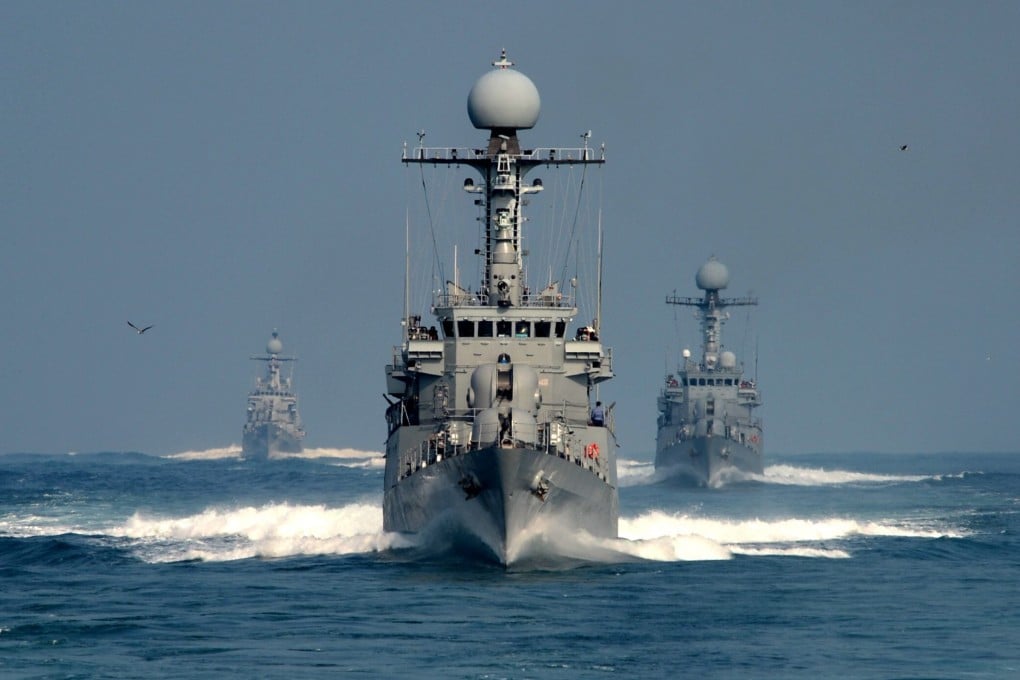Advertisement
South Korea sends troops, destroyer to US-Australia military exercise for first time
- The Talisman Sabre war games are widely seen as sending a strong message to an increasingly assertive China
- South Korea’s participation is likely to raise eyebrows in Beijing but an analyst said China’s response would probably be muted
Reading Time:3 minutes
Why you can trust SCMP
7

South Korea on Monday confirmed it will for the first time take part in a major US-Australian joint military exercise next month that is widely seen as being aimed at countering an increasingly assertive China.
The “Talisman Sabre” war games – considered a key symbol of the countries’ alliance – will take place in July, but will be roughly half the usual size due to the Covid-19 pandemic. It is the largest bilateral training activity between the US and Australia and happens every two years.
About 17,000 personnel will take part in the exercise, with 2,000 foreign forces entering Australia and undergoing a 14-day quarantine, Australian military authorities said.
Advertisement
South Korea’s navy will send about 200 troops and a 4,400 ton-class destroyer to the Talisman Sabre exercise.
“We will take part in the exercise this year, for the first time in history, with a goal to improve our capabilities of conducting combined operations,” spokesman Boo Seun-chan told journalists. South Korea took part as an observer in the 2019 exercise.
Advertisement
Personnel from New Zealand, Canada, the UK and Japan will also participate, while France, India and Indonesia will serve as observer nations.
Advertisement
Select Voice
Select Speed
1.00x